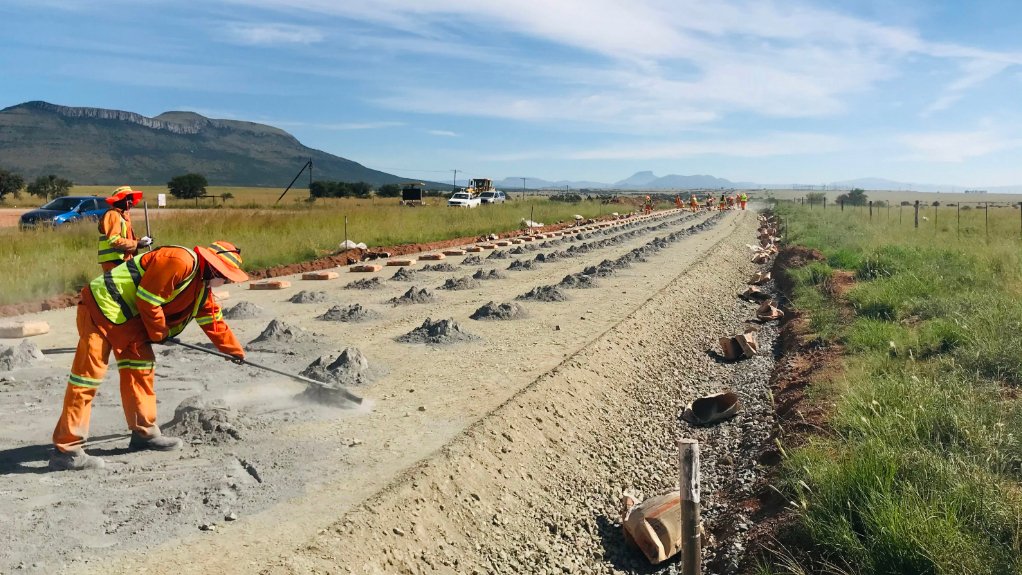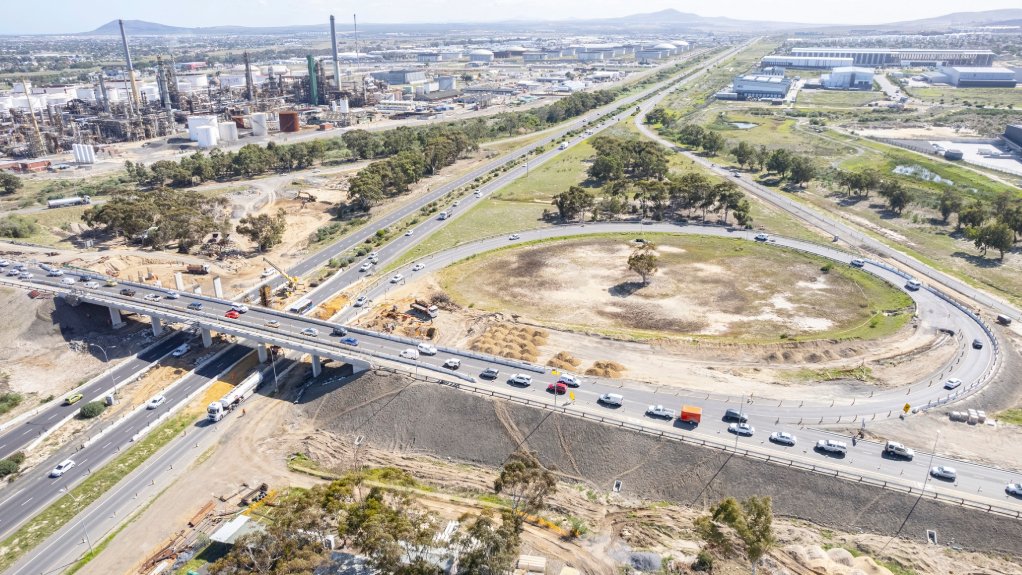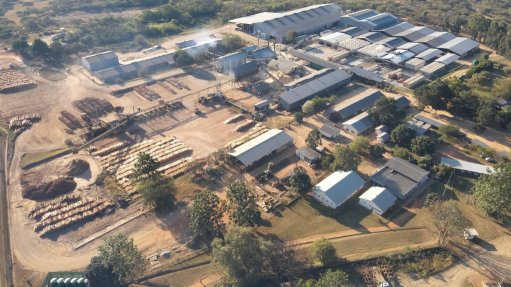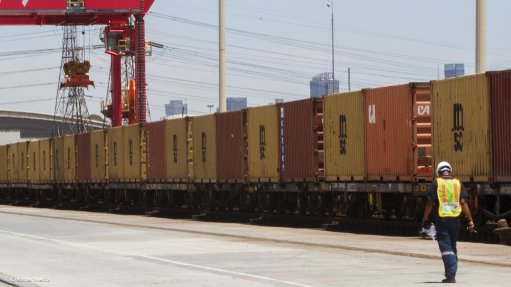Economic importance of engaging Civil Engineering companies and contractors registered with BCCEI






Lindie Fourie, Operations Manager at the BCCEI
When selecting companies for infrastructure and civil engineering projects, choosing those registered with the Bargaining Council for the Civil Engineering Industry (BCCEI) is crucial
All civil engineering companies and contractors, including many of those working within the surface mining sector, are bound by the wage agreements set forth by the BCCEI
The adherence to wage agreements by registered and compliant companies ensures that contracts are not secured through unethical cost cutting measures, such as underpaying employees
Ethical labour practices lead to sustainable business models, which benefit the industry in the long run and help stabilise the market
This article has been supplied.
When it comes to infrastructure and civil engineering projects, the importance of selecting companies registered with the Bargaining Council for the Civil Engineering Industry (BCCEI) cannot be overstated. This registration signifies a commitment to adhering to established wage agreements, fostering fair labour practices and ensuring a stable and ethical industry. Prioritising these companies that are in good standing is crucial for the economy for several compelling reasons.
All civil engineering companies and contractors, including many of those working within the surface mining sector, are bound by the wage agreements set forth by the BCCEI, and are furnished with a Letter of Good Standing by the Council. This ensures that employees receive fair compensation, aligned with the legislated minimum wage standards. By maintaining these standards, companies that are in good standing help ensure fair compensation, enhance worker morale and productivity, and reduce income inequality. "Fair wages contribute to higher job satisfaction, which in turn boosts productivity and overall project quality," says Lindie Fourie, Operations Manager at the BCCEI.
The adherence to wage agreements by registered and compliant companies ensures that contracts are not secured through unethical cost cutting measures, such as underpaying employees. This is critical for creating a level playing field where companies compete based on the quality of their work and efficiency rather than exploiting labour costs.
“Ethical labour practices lead to sustainable business models, which benefit the industry in the long run and help stabilise the market, ensuring that all players have an equal opportunity to succeed,” she says.
When projects are awarded to companies that are in good standing with the BCCEI, it drives the entire industry towards higher standards. This encompasses not only fair wages but also compliance with safety regulations, investment in training and development and quality assurance. These companies are more likely to adhere to safety standards, reducing workplace accidents and promoting a culture of safety, and such compliant companies significantly reduce the risk of job stoppages and unnecessary delays on a project.
Further, Fourie says, ensuring fair wages allows companies to invest in their workforce through training and development, leading to a more skilled labour force. Higher standards in labour practices often translate to higher quality in project execution, benefiting clients and the community at large.
The positive impact of engaging companies that are compliant extends beyond the industry itself. It contributes to broader economic growth by creating more job opportunities and reducing unemployment rates, especially at a time when South Africa needs this most. It also increases consumer spending as workers receiving fair wages have more disposable income, which stimulates demand for goods and services in the economy.
A stable, ethical industry is also more attractive to investors, leading to increased investment in infrastructure and development projects. "By prioritising companies that are registered with the BCCEI and adhere to BCCEI regulations, we not only support fair wages but also drive economic growth through job creation and increased consumer spending," Fourie emphasises.
“Lastly, choosing companies that adhere to BCCEI regulations reflects a commitment to corporate social responsibility, and demonstrates the industry values ethical practices, community engagement and long-term viability,” she continues. “These companies are seen as responsible employers who value their workforce, strengthening the relationship between companies and the communities they operate in, and such ethical companies are more likely to be viewed as long-term partners in development, fostering ongoing economic collaboration.”
Comments
Announcements
What's On
Subscribe to improve your user experience...
Option 1 (equivalent of R125 a month):
Receive a weekly copy of Creamer Media's Engineering News & Mining Weekly magazine
(print copy for those in South Africa and e-magazine for those outside of South Africa)
Receive daily email newsletters
Access to full search results
Access archive of magazine back copies
Access to Projects in Progress
Access to ONE Research Report of your choice in PDF format
Option 2 (equivalent of R375 a month):
All benefits from Option 1
PLUS
Access to Creamer Media's Research Channel Africa for ALL Research Reports, in PDF format, on various industrial and mining sectors
including Electricity; Water; Energy Transition; Hydrogen; Roads, Rail and Ports; Coal; Gold; Platinum; Battery Metals; etc.
Already a subscriber?
Forgotten your password?
Receive weekly copy of Creamer Media's Engineering News & Mining Weekly magazine (print copy for those in South Africa and e-magazine for those outside of South Africa)
➕
Recieve daily email newsletters
➕
Access to full search results
➕
Access archive of magazine back copies
➕
Access to Projects in Progress
➕
Access to ONE Research Report of your choice in PDF format
RESEARCH CHANNEL AFRICA
R4500 (equivalent of R375 a month)
SUBSCRIBEAll benefits from Option 1
➕
Access to Creamer Media's Research Channel Africa for ALL Research Reports on various industrial and mining sectors, in PDF format, including on:
Electricity
➕
Water
➕
Energy Transition
➕
Hydrogen
➕
Roads, Rail and Ports
➕
Coal
➕
Gold
➕
Platinum
➕
Battery Metals
➕
etc.
Receive all benefits from Option 1 or Option 2 delivered to numerous people at your company
➕
Multiple User names and Passwords for simultaneous log-ins
➕
Intranet integration access to all in your organisation























